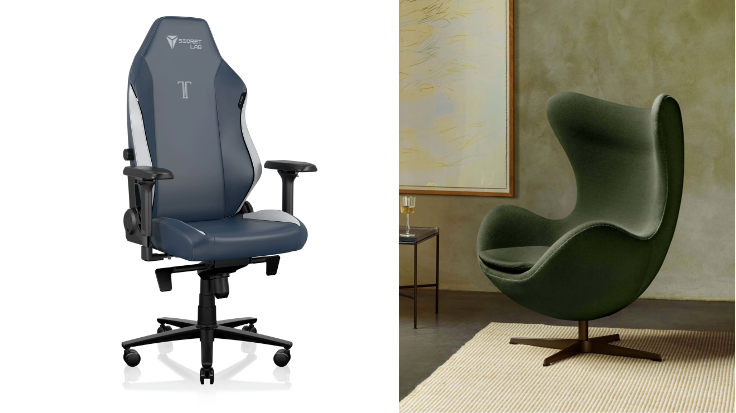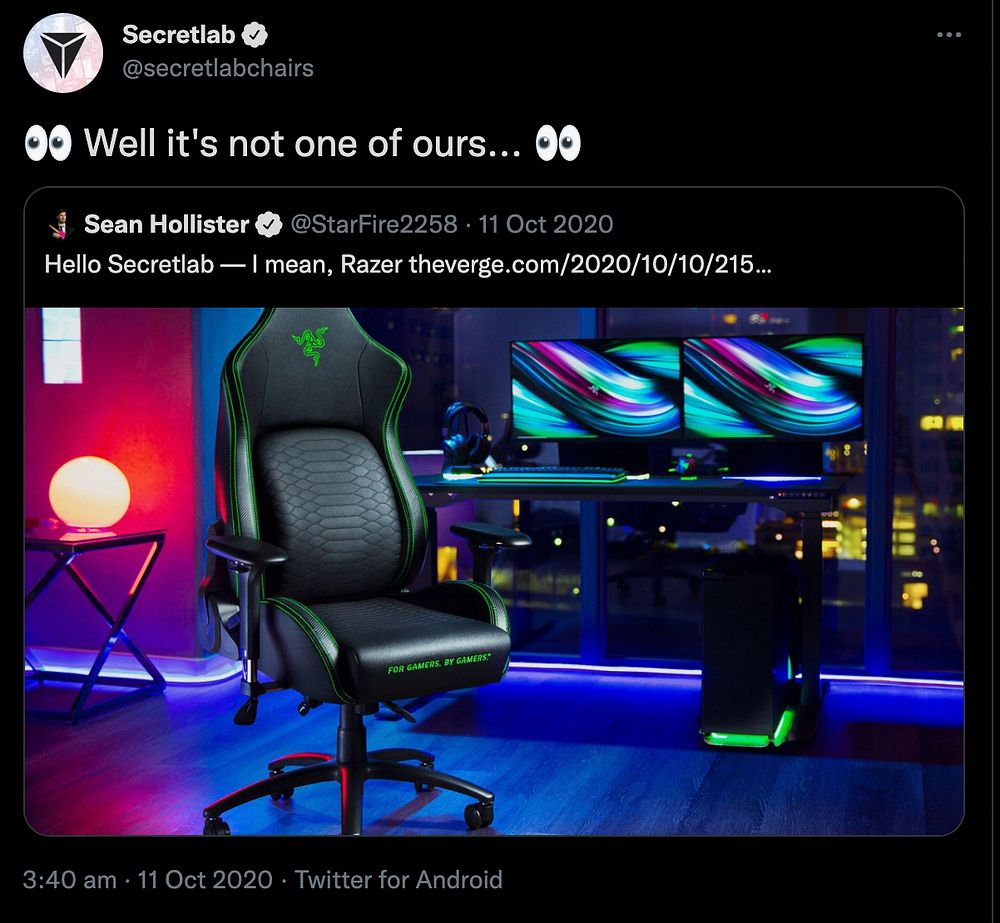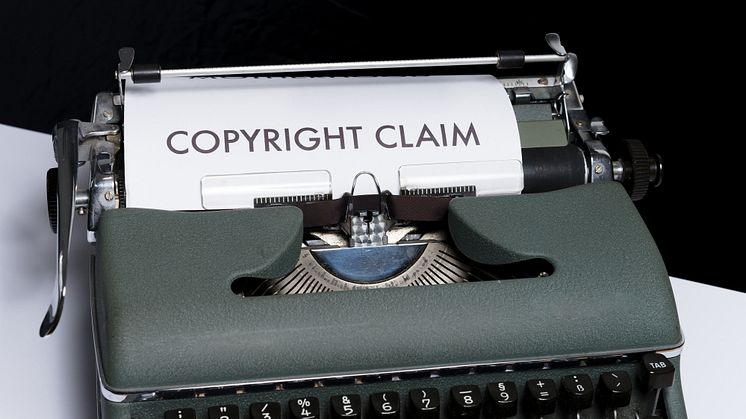
News -
What Secretlab can learn from the Egg chair's IP journey
For a company that made its name by designing gaming hardware beloved by gamers worldwide, this review of Razer’s first gaming chair last year perhaps stung a little: “It looks like Razer decided to largely copy one of today’s oft-cited favorites: the new $499 Razer Iskur is a dead ringer for the similarly-priced Secretlab Omega and Titan,” said The Verge of Razer’s entry into the red-hot gaming chair market.
Both Razer and Secretlab were founded by Singaporeans who are avid gamers — Tan Min-Liang in the case of Razer, and Ian Ang and Alaric Choo in the case of Secretlab. For an industry where arguments can often get very heated, this curious incident of the very similar chairs was handled with relative civility. Razer clarified that its chair was “designed and developed in-house”, while the extent of Secretlab’s response seems to have been confined to a faintly snarky tweet.

Gaming chairs are a relatively new industry, and it was even newer back in 2014 when Secretlab was founded. And a new industry often means a lack of rules, including rules about intellectual property.
Perhaps taking reference from the world of furniture design might be instructive. The problem of copying has plagued furniture design for a long time. While that’s often good news for consumers (who can thus get replicas of designer pieces at much cheaper prices), it does not allow for furniture designers to protect and profit fully from their creations.
Getting such protection can be an uphill battle. A famous case involves the iconic 620 Chair Programme, designed in 1962 by German industrial designer Dieter Rams. In 1968, this chair was copied, and it took a years-long legal battle for the design to be granted copyright protection in 1973.
This protection was a rarity for industrial design, which has often not enjoyed the legal protection afforded to art. This was the case, for example, under section 52 of the UK’s Copyright, Designs and Patent Act 1988, which exempted industrially manufactured pieces from the copyright protections enjoyed by artistic works such as literature.
In 2016, the UK repealed this section, and extended the duration of copyright protection for certain manufactured goods from 25 years (dating from the time the work is first placed on the market), to the life of the creator plus 70 years. That effectively banned the manufacture, import and sale of unauthorised replicas of some iconic pieces, such as the Arne Jacobsen Egg chair (this design is now protected until 2041) and the Hans Wegner Wishbone chair (this design is now protected until 2077).
But a large grey area remains. Which industrial designs qualify as artistic works and thus enjoy such copyright protection, and in which instances is a chair just a chair, at least in the eyes of the law? It is likely that the Egg chair and Wishbone chair both benefited from a long history during which the reputations of its designers were cemented and the designs themselves were lauded by industry players and consumers alike.
Achieving that level of prestige and IP protection may take some time for gaming chairs. But the benefits are immense, as the response to the 2016 UK copyright changes made clear. “By protecting new designs more generously, we are encouraging more investment of time and talent in British design. That will lead to more manufacturing in Britain, and that in turn will lead to more jobs – which we desperately need right now,” said Sir Terence Conran, founder of London’s Design Museum, at the time. “Properly protected design can help make the UK a profitable workshop again. We have the creative talent – let’s use it.”
PitchMark helps innovators deter idea theft, so that clients get the idea but not take it. To find more about our services, visit PitchMark.net and register for free as a PitchMark member today.


